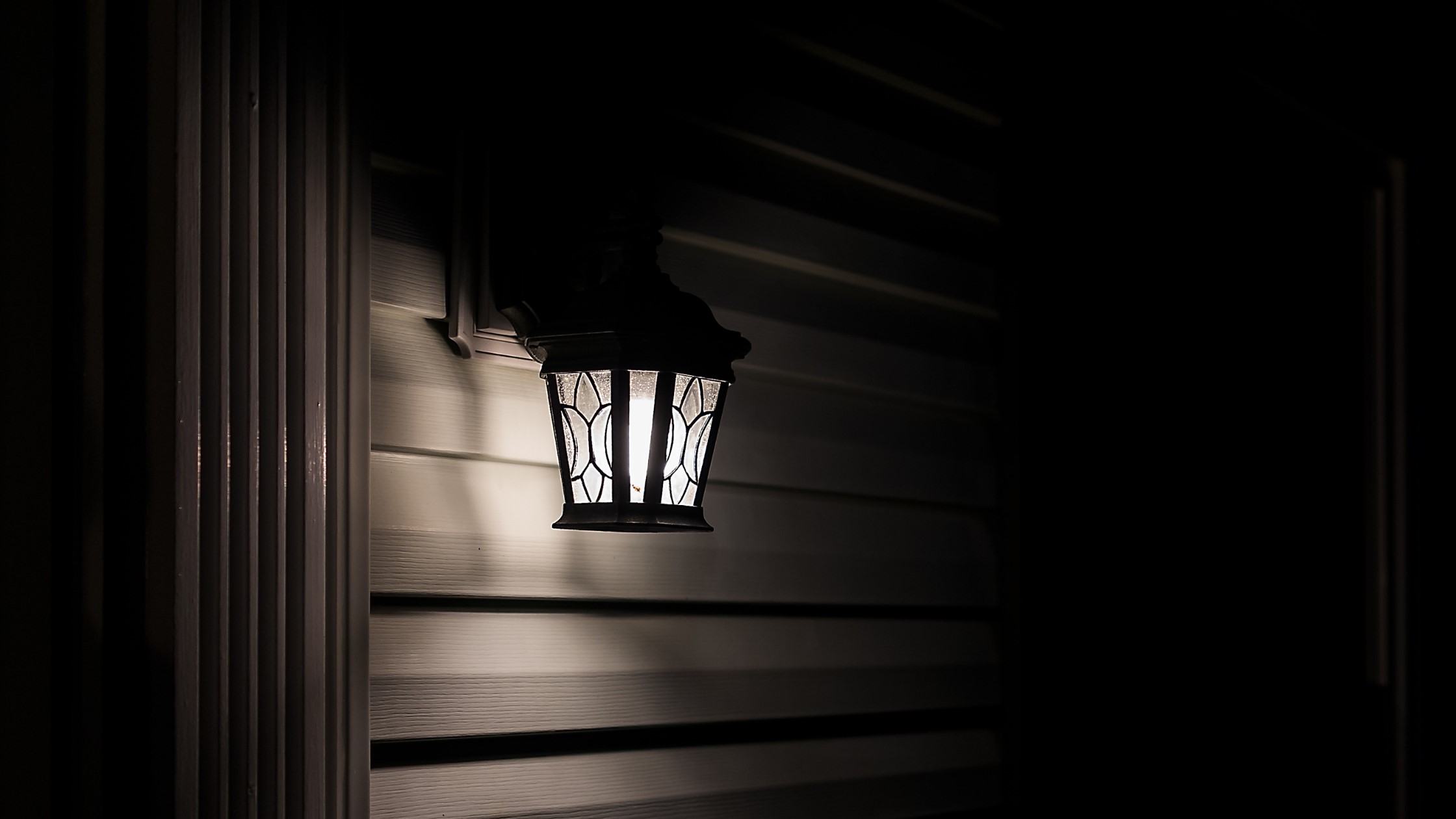

Articles
Why Turn Off Your Porch Light At Night
Modified: January 8, 2024
Learn why it's important to turn off your porch light at night in this informative article. Discover the benefits and practical tips to save energy and enhance security.
(Many of the links in this article redirect to a specific reviewed product. Your purchase of these products through affiliate links helps to generate commission for Storables.com, at no extra cost. Learn more)
Introduction
When it comes to our homes, we often focus on creating a comfortable and inviting atmosphere inside. However, we shouldn’t overlook the impact our exterior lighting choices can have on both us and the environment. In particular, the practice of turning off our porch lights at night can bring about several benefits.
Throughout this article, we will explore why it is beneficial to turn off your porch light at night and how doing so can positively impact various aspects of your life. From reducing light pollution and saving energy to protecting wildlife and enhancing your safety, there are many reasons to reconsider leaving your porch light on all night long.
By taking a closer look at these reasons, you may find that making this simple change in your daily routine can make a big difference in the world around you. So let’s dive in and explore the benefits of turning off your porch light at night.
Key Takeaways:
- Embracing the habit of turning off your porch light at night not only saves energy and money but also protects wildlife, enhances sleep quality, and contributes to reducing light pollution for a more sustainable and harmonious living environment.
- By implementing strategic lighting techniques and considering alternative options such as motion sensor lights, you can enhance safety and security while minimizing light pollution and unnecessary energy consumption. This simple change can have a significant positive impact on both your life and the world around you.
Benefits of Turning Off Your Porch Light at Night
Turning off your porch light at night can have numerous benefits, both for yourself and the environment. Let’s take a closer look at some of these benefits:
- Reducing Light Pollution: By turning off your porch light at night, you can help minimize light pollution. Light pollution occurs when artificial light from buildings and outdoor fixtures disrupts the natural darkness of the night sky. This can have detrimental effects on nocturnal animals, interfere with stargazing, and disrupt the natural sleep cycles of humans.
- Saving Energy and Money: Leaving your porch light on all night can result in unnecessary energy consumption and higher electricity bills. By making a habit of turning off your porch light, you can significantly reduce your energy usage and save money in the process. Additionally, the collective effort to reduce energy consumption can help lower the overall demand for electricity, which can have positive environmental impacts.
- Protecting Wildlife: Many nocturnal animals rely on darkness to navigate, hunt, and mate. Artificial lighting can interfere with their natural behavior and disrupt their habitats. By turning off your porch light, you are helping to create a more favorable environment for these creatures, allowing them to thrive and maintain their natural ecosystems.
- Enhancing Your Sleep Quality: Excessive exposure to artificial light at night, including from porch lights, can disrupt your sleep patterns. The bright light can suppress the release of melatonin, a hormone that regulates sleep. By turning off your porch light, you can create a darker and more conducive environment for quality sleep, leading to improved overall health and well-being.
- Enhancing Your Safety and Security: While it may seem counterintuitive, turning off your porch light can actually enhance your safety and security. Leaving your porch light on all night can create a false sense of security and attract unwanted attention. By practicing strategic lighting, such as motion sensor lights or timers, you can deter potential intruders while still maintaining a level of visibility when needed.
These benefits make a compelling case for turning off your porch light at night. Not only can you play a part in reducing light pollution and protecting the environment, but you can also enjoy personal benefits such as energy savings, improved sleep, and enhanced safety. It’s a simple adjustment that can have a significant positive impact on both your life and the world we live in.
Reducing Light Pollution
One of the key benefits of turning off your porch light at night is the significant reduction of light pollution. Light pollution refers to the excessive or misdirected artificial light produced by human activities that disrupts the natural darkness of the night sky. This excessive brightness can have numerous adverse effects on both the environment and our own well-being.
Light pollution can disrupt the natural behaviors and patterns of nocturnal animals. Many species rely on the darkness of the night to navigate, hunt, mate, and migrate. Artificial lighting confuses these animals, leading to disorientation, interference with their natural cycles, and even habitat fragmentation.
Moreover, light pollution can have a detrimental impact on our ability to observe and appreciate the beauty of the night sky. Astronomers and stargazers struggle to see distant stars, planets, and other celestial objects due to the excessive brightness caused by city lights and artificial outdoor lighting.
By turning off your porch light at night, you contribute to the reduction in overall light pollution. This simple act allows for a clearer and more pristine view of the night sky, benefiting both amateur stargazers and professional astronomers alike. Additionally, lowering light pollution helps to protect and preserve the natural habitat and behaviors of nocturnal wildlife.
If you still wish to have some lighting outside at night, consider using downward-directed and shielded fixtures. These fixtures direct the light only where it is needed, minimizing wasteful glare and upward light spillage that contributes to light pollution. By implementing such lighting practices, you can create a balance between safety and environmental protection.
Ultimately, reducing light pollution not only creates a more sustainable and harmonious environment but also allows us to reconnect with the beauty and wonder of the natural world, both during the day and at night.
Saving Energy and Money
Another significant benefit of turning off your porch light at night is the potential for energy savings and cost reduction. Leaving your porch light on all night can result in unnecessary energy consumption, which not only impacts the environment but also reflects in your electricity bill.
By making a conscious effort to turn off your porch light when it’s not needed, you can reduce your overall energy consumption. This simple change in behavior can contribute to a more sustainable lifestyle and help lower your carbon footprint.
Moreover, reducing energy usage can have a positive financial impact. Leaving your porch light on throughout the night can add up to significant energy costs over time. By switching it off when not required, you can save money on your monthly electricity bill.
Additionally, the collective effort to reduce energy consumption can have broader environmental benefits. Lowering the demand for electricity can help reduce the reliance on non-renewable energy sources, such as coal or natural gas, which have a negative impact on the environment and contribute to climate change.
To maximize your energy savings, consider using energy-efficient bulbs for your porch light. LED bulbs, for example, consume significantly less energy than traditional incandescent bulbs and have a longer lifespan. By making this small investment, you can save even more on your energy bills in the long run.
When it comes to saving energy and money, every little bit counts. By simply remembering to turn off your porch light when it’s not needed, you can contribute to a more sustainable future and enjoy the financial benefits of reduced energy consumption. It’s a win-win situation for both your wallet and the planet.
Protecting Wildlife
Turning off your porch light at night plays a crucial role in protecting wildlife and their natural habitats. Many nocturnal animals depend on darkness to carry out essential activities such as hunting, foraging, and mating. Artificial lighting can disrupt their behavior and have significant consequences for their survival.
One of the main issues caused by artificial light is the disruption of nocturnal animals’ navigation systems. Many species, including birds, insects, and marine turtles, rely on the natural darkness of the night to navigate accurately. Artificial lights can disorient these animals, leading to collisions with buildings or other obstacles and interrupting their migration patterns.
Moreover, light pollution can interfere with the natural feeding patterns of nocturnal animals. Predators rely on darkness to hunt their prey, and the presence of bright lights can give an unfair advantage to their prey, making it harder for predators to find sustenance. This disruption can have a cascading effect on the entire food web and disturb the delicate balance of ecosystems.
Additionally, artificial lighting can impact the reproductive behavior of various animals. Some species use the darkness of the night to signal their mating availability or engage in courtship rituals. Bright lights can mask these signals or attract the attention of unwanted predators, disrupting the breeding patterns and success rates of these species.
By turning off your porch light at night, you help create a more favorable environment for nocturnal wildlife. By reducing light pollution, you contribute to the preservation and conservation of their natural habitats. This simple action allows them to carry out their essential activities without unnecessary interference, ensuring the continuity of their species and the overall biodiversity of the ecosystem.
If you need outdoor lighting for safety purposes, consider using motion sensor lights or low-intensity fixtures that are less likely to disrupt wildlife. Additionally, opt for warm-colored or amber lights, as they are less attractive to nocturnal insects compared to bright white or blue lights. These small adjustments can significantly mitigate the negative effects of artificial lighting on wildlife.
By turning off your porch light at night, you become a steward of wildlife and contribute to the conservation of these creatures, ensuring a harmonious coexistence between humans and nature.
Consider using motion sensor lights for your porch instead of leaving the light on all night. This will save energy and still provide security when needed.
Read more: How To Turn Off Cooktop On Light
Enhancing Your Sleep Quality
One of the often overlooked benefits of turning off your porch light at night is the positive impact it can have on your sleep quality. Many of us are exposed to excessive artificial light during the evening hours, including the light emitted by our porch lights, which can interfere with the natural sleep-wake cycle.
Exposure to bright light, especially blue light, in the evening can suppress the production of melatonin, a hormone that regulates sleep. Melatonin levels rise naturally in the evening and signal to our body that it is time to sleep. However, the presence of artificial light can disrupt this process, making it difficult for us to fall asleep and achieve restful sleep throughout the night.
By turning off your porch light at night, you create a darker and more conducive sleep environment. This helps to naturally stimulate the release of melatonin and promote a more restful sleep. A darkened environment can also help you stay asleep throughout the night, as exposure to light can cause frequent awakenings, leading to fragmented sleep and morning grogginess.
Additionally, a darker sleep environment can enhance the overall quality of your sleep. Research has shown that exposure to excessive light during sleep can lead to decreased rapid eye movement (REM) sleep, which is essential for memory consolidation and emotional regulation. By creating a dark and peaceful space, you can maximize your chances of experiencing deep, restorative, and rejuvenating sleep.
If you are concerned about safety or security, there are alternative lighting options to consider. For instance, motion sensor lights can be used to provide brief illumination when needed, offering a balance between safety and promoting a dark sleep environment.
It’s important to prioritize quality sleep as it plays a vital role in maintaining overall health and well-being. By turning off your porch light at night, you can optimize your sleep environment and experience the restorative benefits of a good night’s sleep.
Enhancing Your Safety and Security
While it may seem counterintuitive, turning off your porch light at night can actually enhance your safety and security. Many homeowners believe that leaving their porch light on throughout the night will deter potential burglars or intruders. However, there are several reasons why this may not be the most effective approach.
Leaving your porch light on all night can create a false sense of security. Intruders may assume that someone is home or that you have a security system in place, making your property an attractive target. Additionally, a constant stream of light can attract attention and make it easier for individuals with malicious intent to determine the layout of your property and identify potential vulnerabilities.
Instead of leaving your porch light on continuously, consider implementing strategic lighting techniques. Motion sensor lights are a valuable option that only activate when motion is detected. These lights can startle and deter potential intruders, making it clear that someone is aware of their presence. The element of surprise can be a powerful deterrent and give you an advantage in protecting your home.
Furthermore, timing your exterior lighting with timers or smart home systems can give the appearance of an occupied home even when you’re away. This can create the illusion that someone is present and actively monitoring the property, dissuading potential burglars from targeting your home.
By practicing strategic lighting techniques, you can strike a balance between providing visibility and enhancing your safety. Motion sensor lights and timed lighting systems can deter intruders while still allowing you to navigate safely when you arrive home or when guests visit.
Remember, security is not solely dependent on keeping your porch light on all night. Investing in other security measures such as robust locks, alarm systems, and surveillance cameras can provide additional layers of protection for your home.
By reevaluating your approach to outdoor lighting and focusing on enhancing your safety through strategic lighting techniques, you can maximize the effectiveness of your security measures and create a safer environment for you and your loved ones.
How to Turn Off Your Porch Light
Turning off your porch light may seem like a simple task, but it’s important to ensure you do it correctly to avoid any potential issues. Here’s a step-by-step guide on how to turn off your porch light:
- Locate the switch: Identify the switch that controls your porch light. This switch is usually located near the entrance of your home or in a designated area specifically for exterior lighting.
- Switch it off: Flip the switch to the “off” position to turn off your porch light. Ensure that the switch is in the correct position and that the light is no longer illuminated.
- Consider timers or smart controls: If you want to automate the process of turning off your porch light, consider installing timers or using smart home technologies. Timers can be set to turn off your porch light at a specific time each night, while smart controls allow you to control your lights remotely using a smartphone or voice command.
- Install motion sensor lights: If you still want to have some outdoor lighting for safety purposes, consider replacing your traditional porch light with a motion sensor light. These lights only activate when they detect movement, ensuring that light is only generated when needed.
- Consult a professional: If you’re unsure about the wiring or the proper procedure for turning off your porch light, it’s best to consult a licensed electrician. They can provide guidance and assistance to ensure that the process is done safely and correctly.
Remember, turning off your porch light is a simple action that can have a significant impact on energy conservation, light pollution reduction, wildlife protection, and sleep quality. By incorporating this habit into your daily routine, you can contribute to creating a more sustainable and harmonious environment.
It’s important to note that while turning off your porch light is beneficial, ensure that you still have adequate lighting in other areas for safety and security. Consider using well-placed outdoor lighting or motion sensor lights near entrances and pathways to provide visibility when required.
By taking these steps, you can make a positive change while maintaining a well-lit and secure home environment.
Conclusion
Turning off your porch light at night may seem like a small change, but it can have a significant positive impact. By embracing this simple habit, you can contribute to various aspects of your life and the environment around you.
We explored the benefits of turning off your porch light, which include reducing light pollution, saving energy and money, protecting wildlife, enhancing your sleep quality, and improving your safety and security. Each of these benefits plays a role in creating a more sustainable and harmonious living environment.
By reducing light pollution, we can preserve the natural darkness of the night sky, allowing us to appreciate the beauty of the stars and protect nocturnal animals’ habitats. Saving energy and money through the conscious decision to turn off our porch lights helps us create a more sustainable future, while also positively impacting our monthly budgets.
Protecting wildlife is another important outcome of turning off porch lights. By minimizing artificial lighting, we allow nocturnal creatures to navigate, hunt, and mate without interference, contributing to the conservation of biodiversity. Enhancing our sleep quality is another significant benefit, as turning off porch lights promotes the natural production of melatonin and supports a more restful sleep.
Lastly, by implementing strategic lighting and relying on motion sensor lights or timers, we can enhance our safety and security while still minimizing light pollution and unnecessary energy consumption. These lighting choices create a balance between visibility and protection, keeping both ourselves and the environment safe.
In conclusion, turning off your porch light at night is a simple but impactful action. By incorporating this habit into your daily routine, you become an active participant in preserving the environment, saving energy and money, protecting wildlife, enjoying quality sleep, and enhancing your safety and security. Let’s embrace this change and create a brighter future for ourselves and the world around us.
Frequently Asked Questions about Why Turn Off Your Porch Light At Night
Was this page helpful?
At Storables.com, we guarantee accurate and reliable information. Our content, validated by Expert Board Contributors, is crafted following stringent Editorial Policies. We're committed to providing you with well-researched, expert-backed insights for all your informational needs.
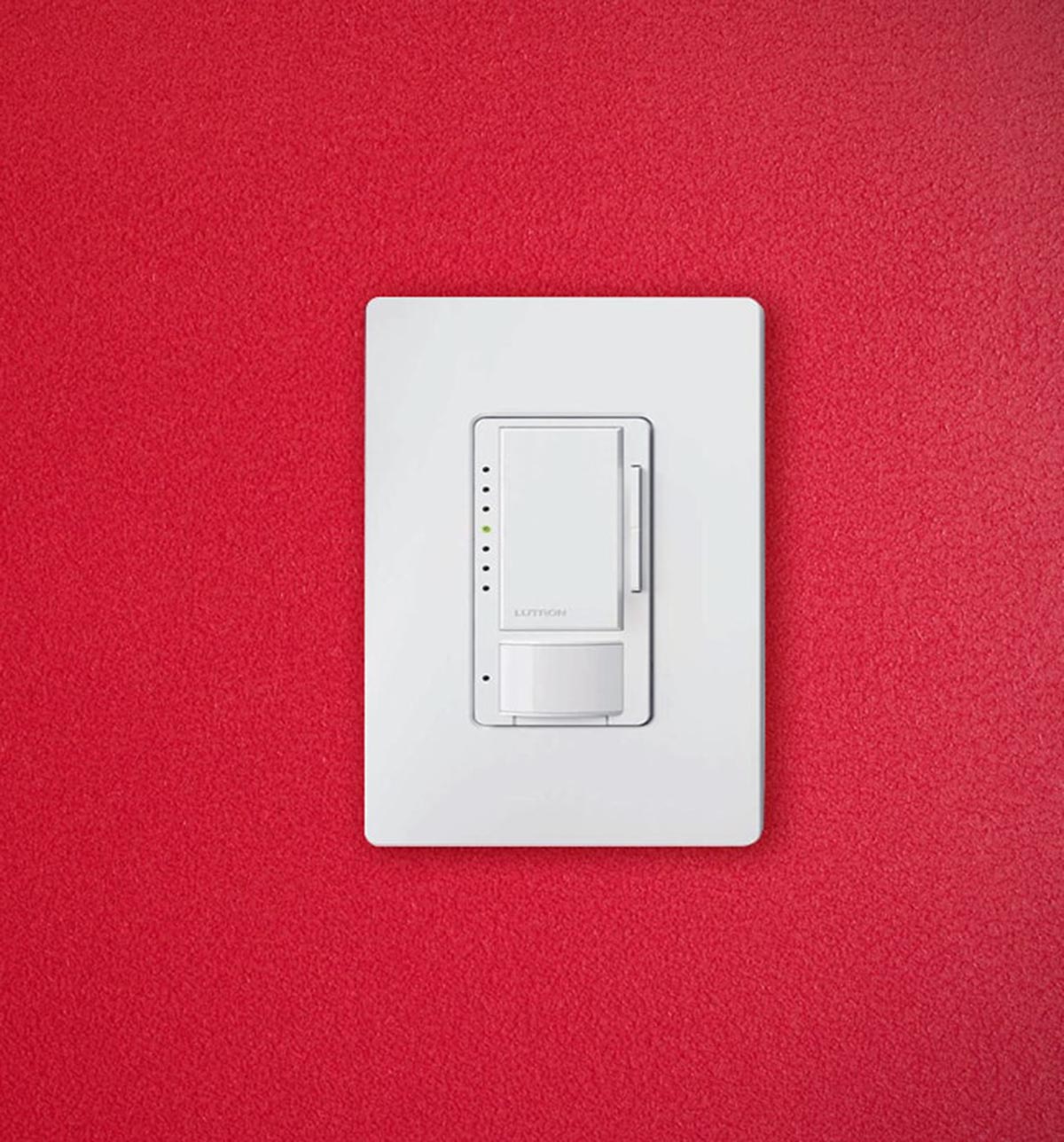
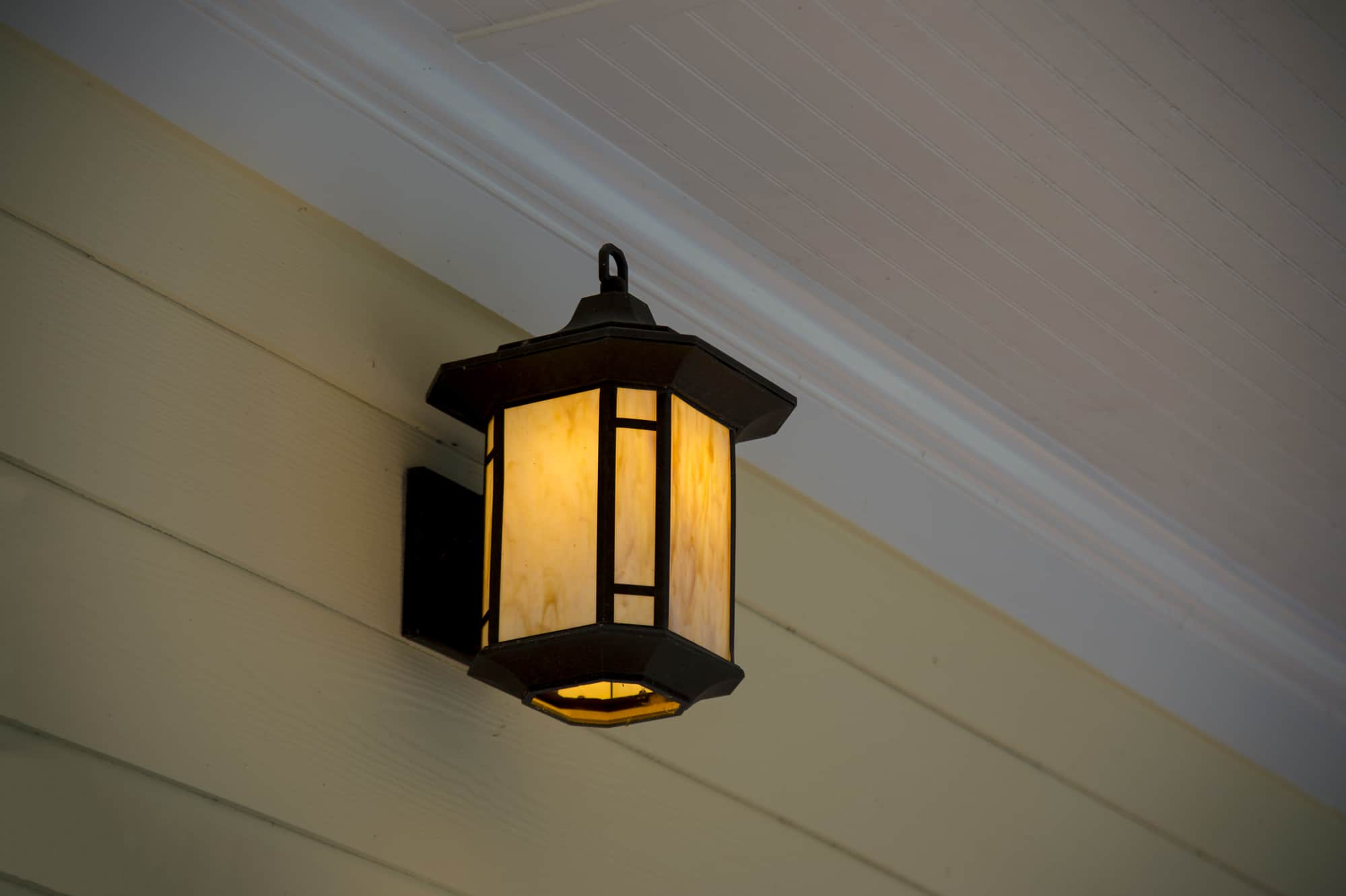

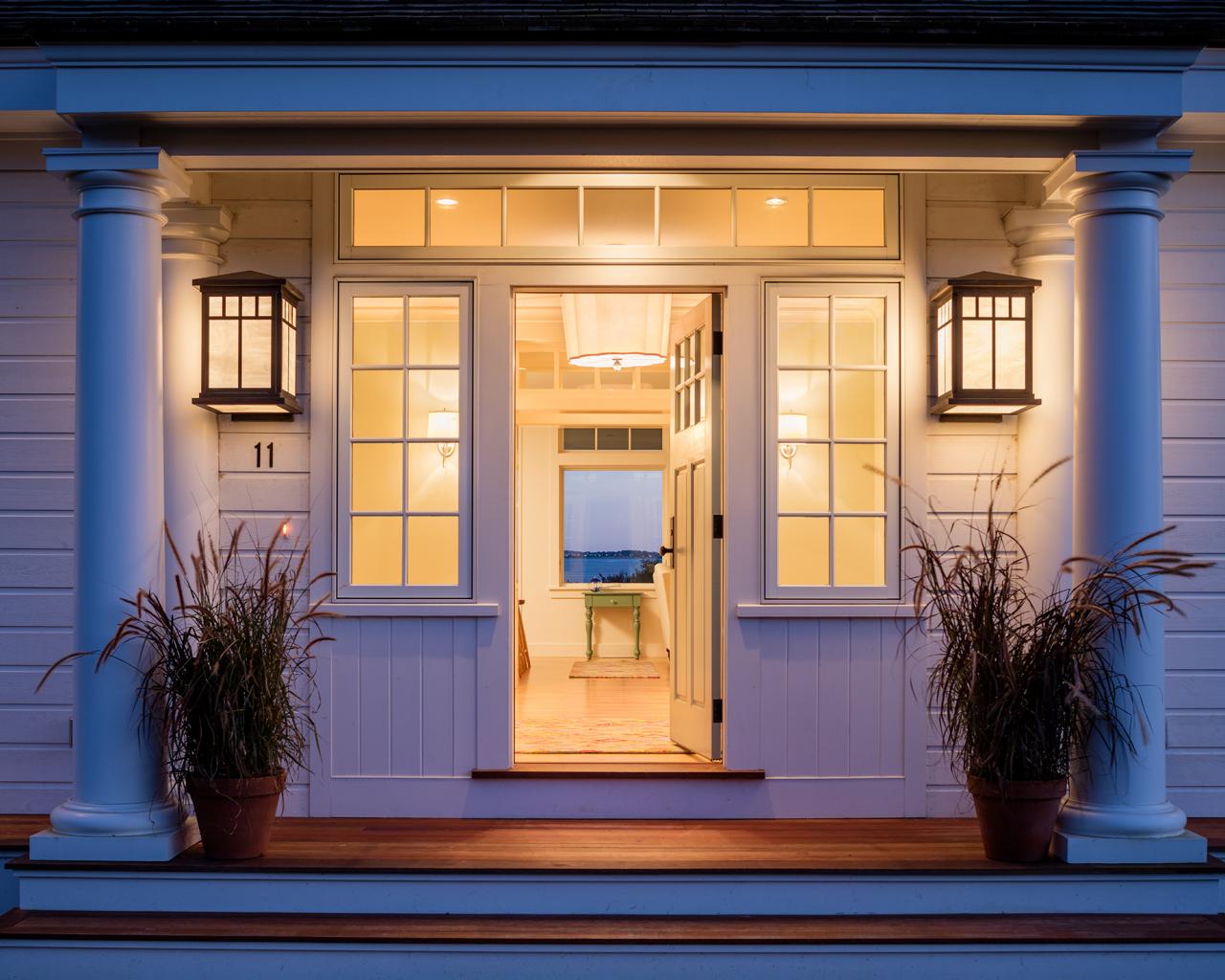

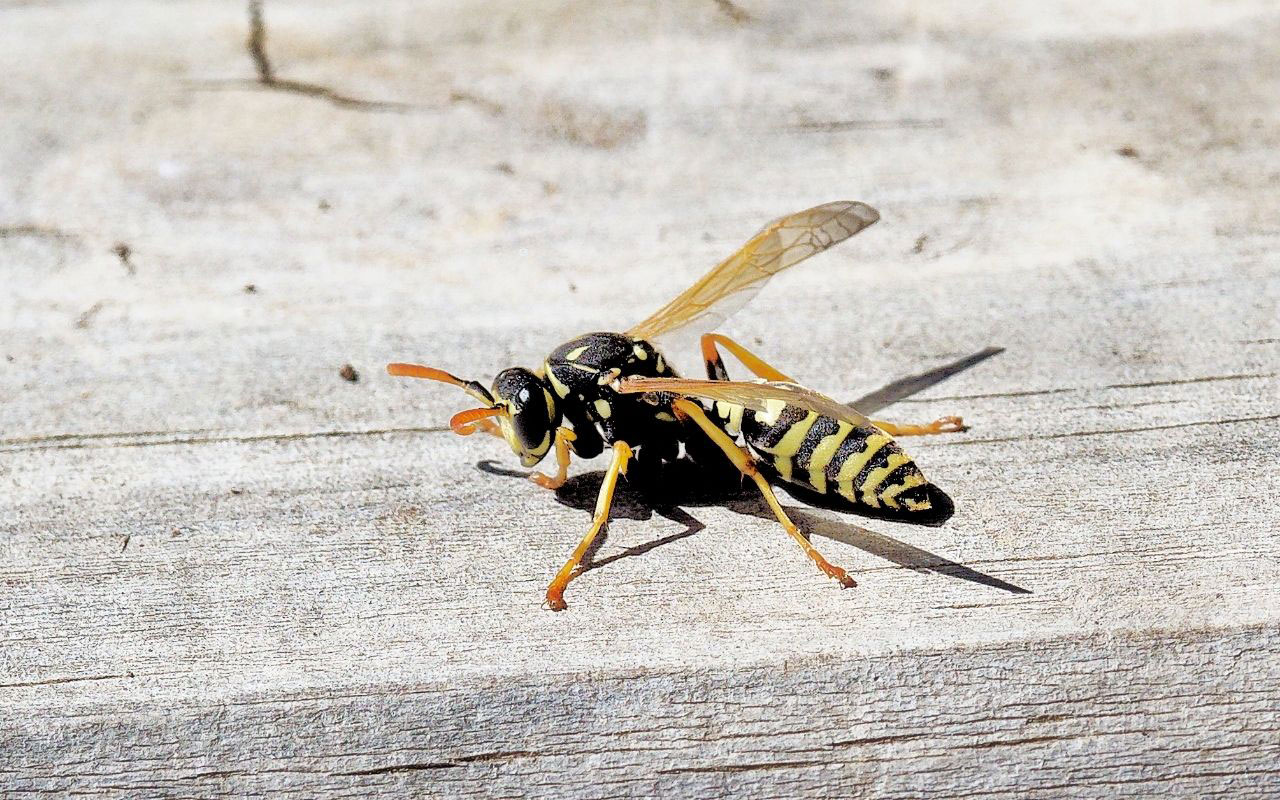
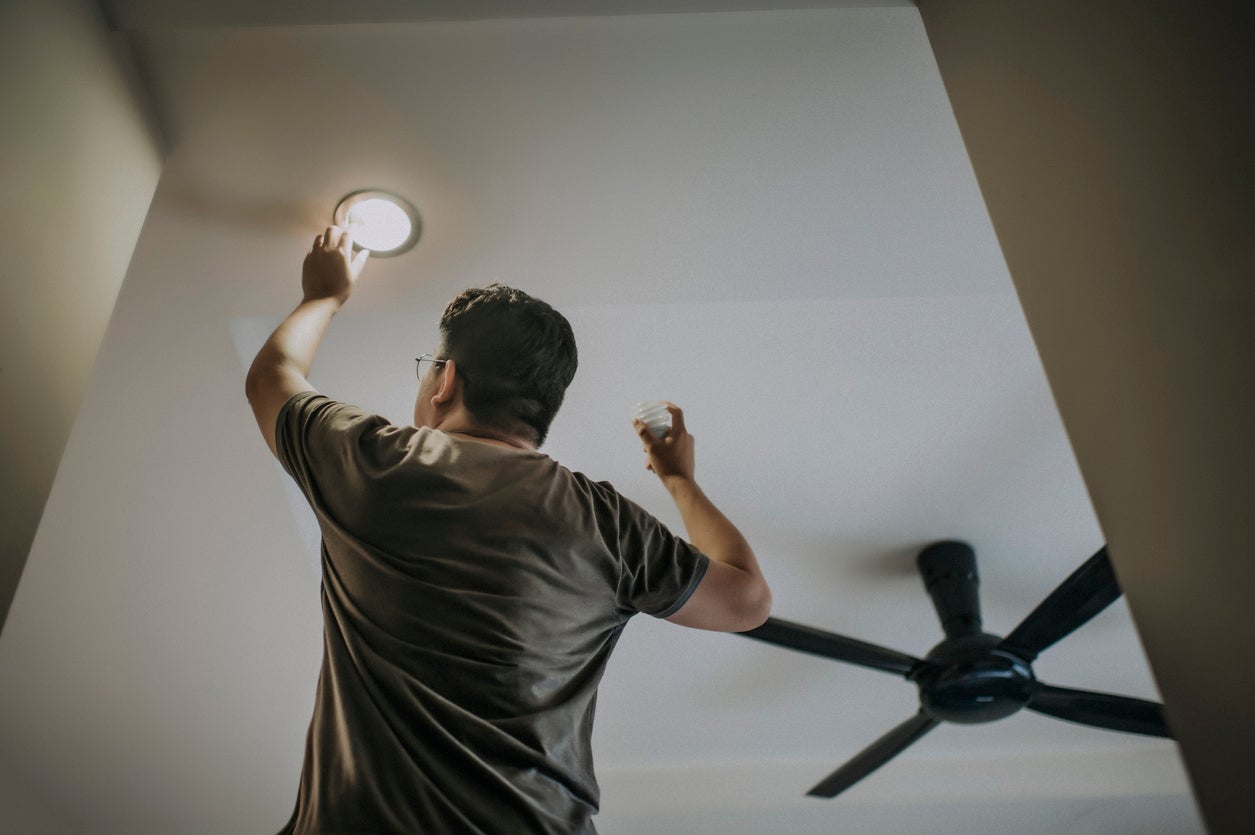


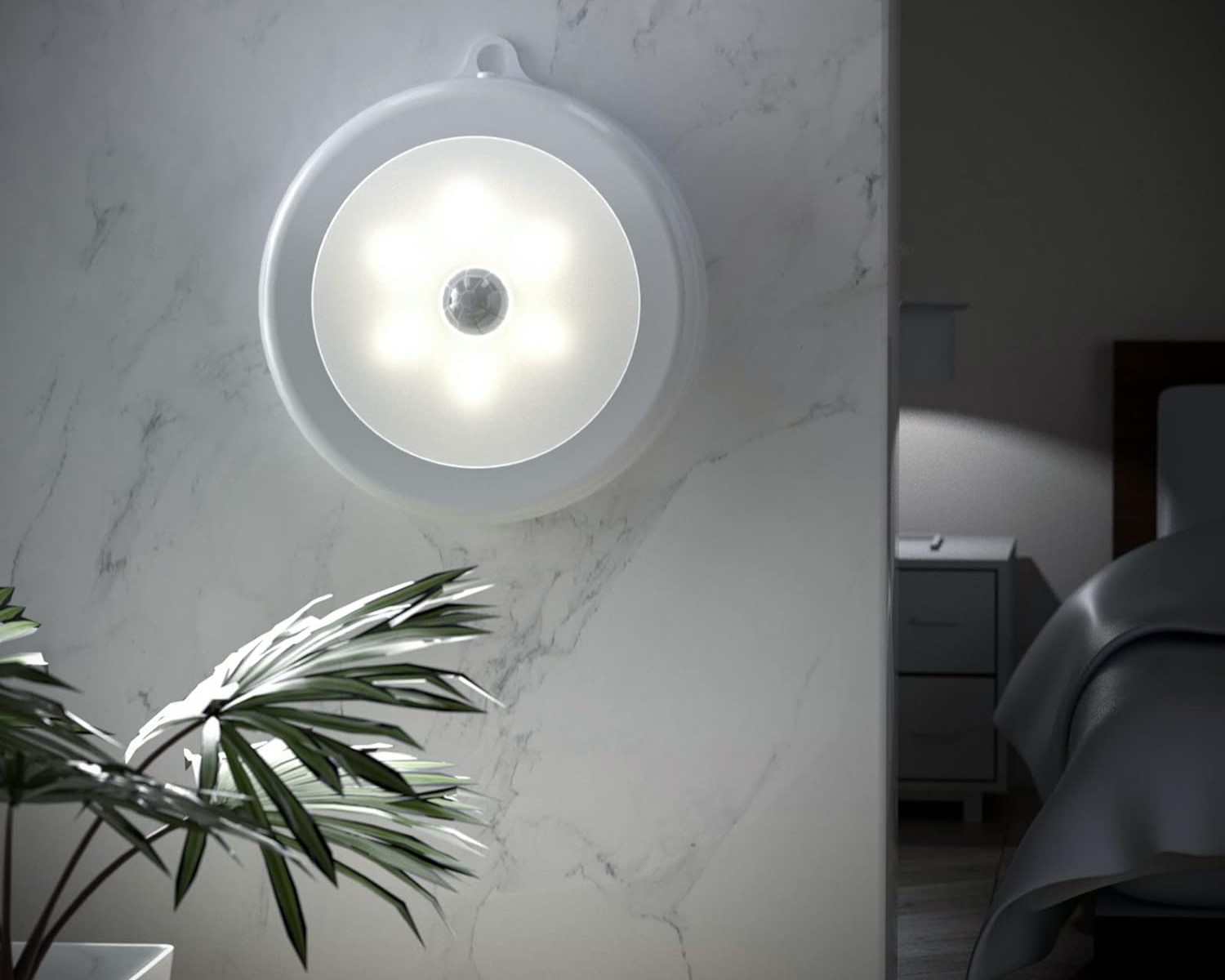
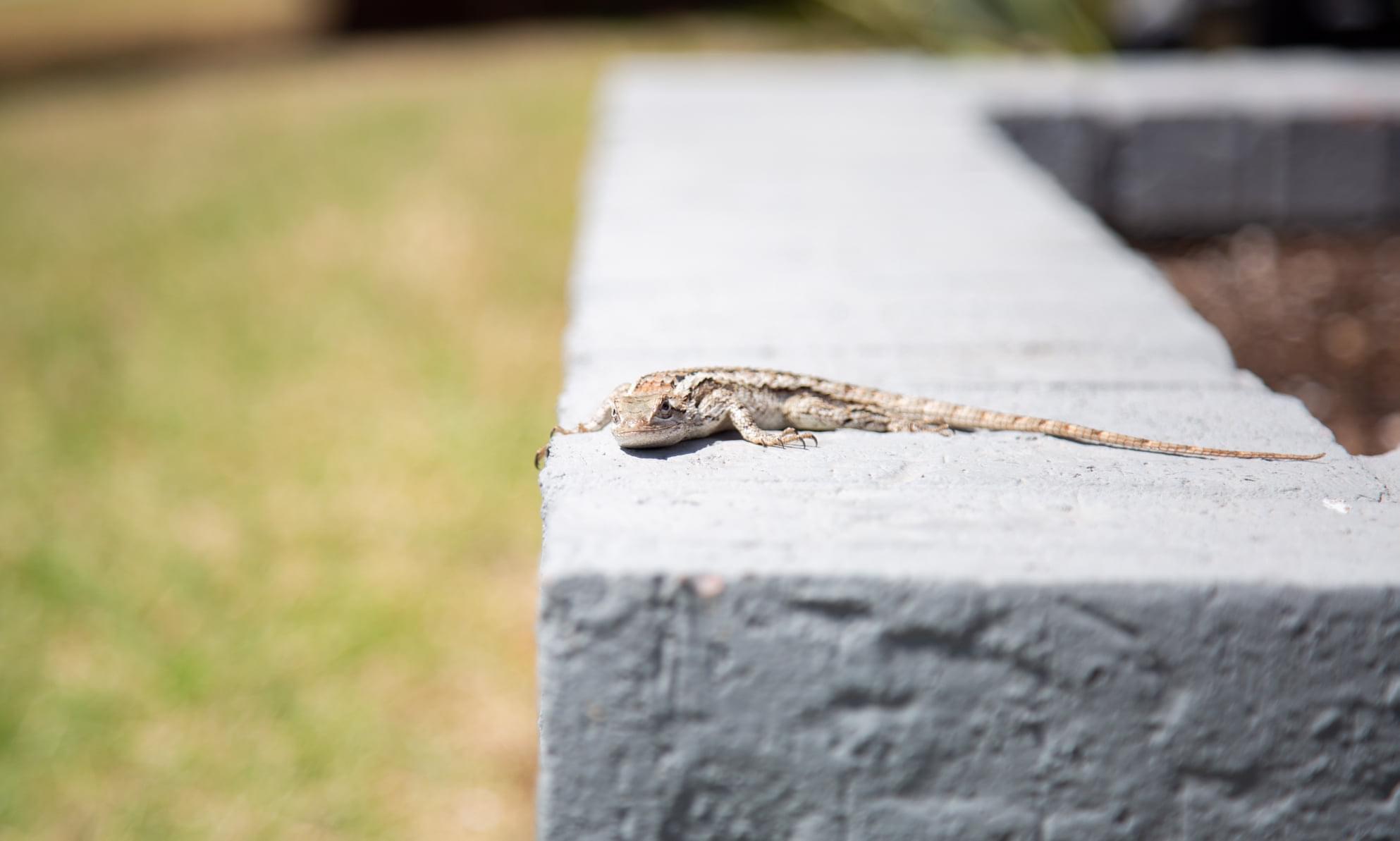


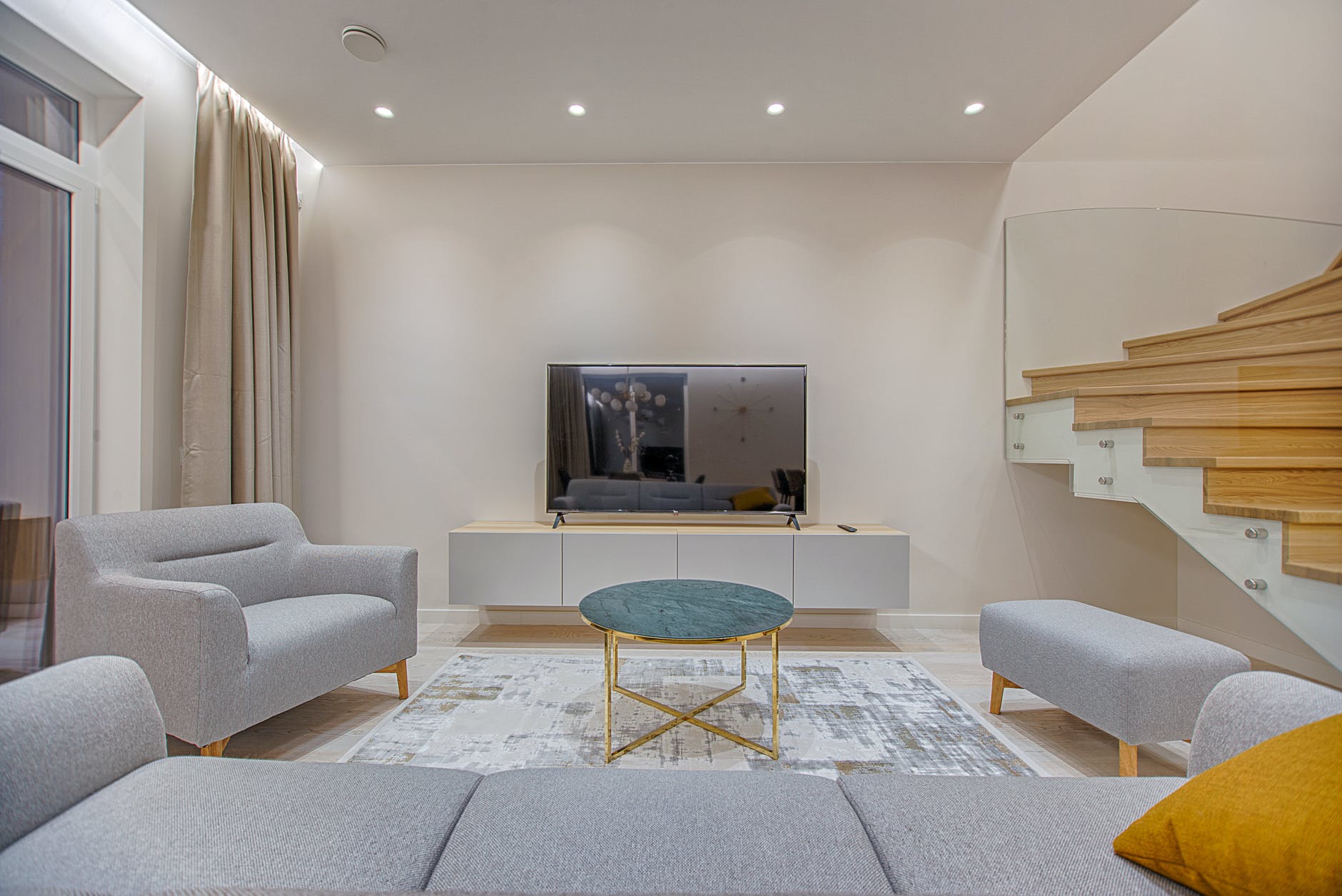

0 thoughts on “Why Turn Off Your Porch Light At Night”